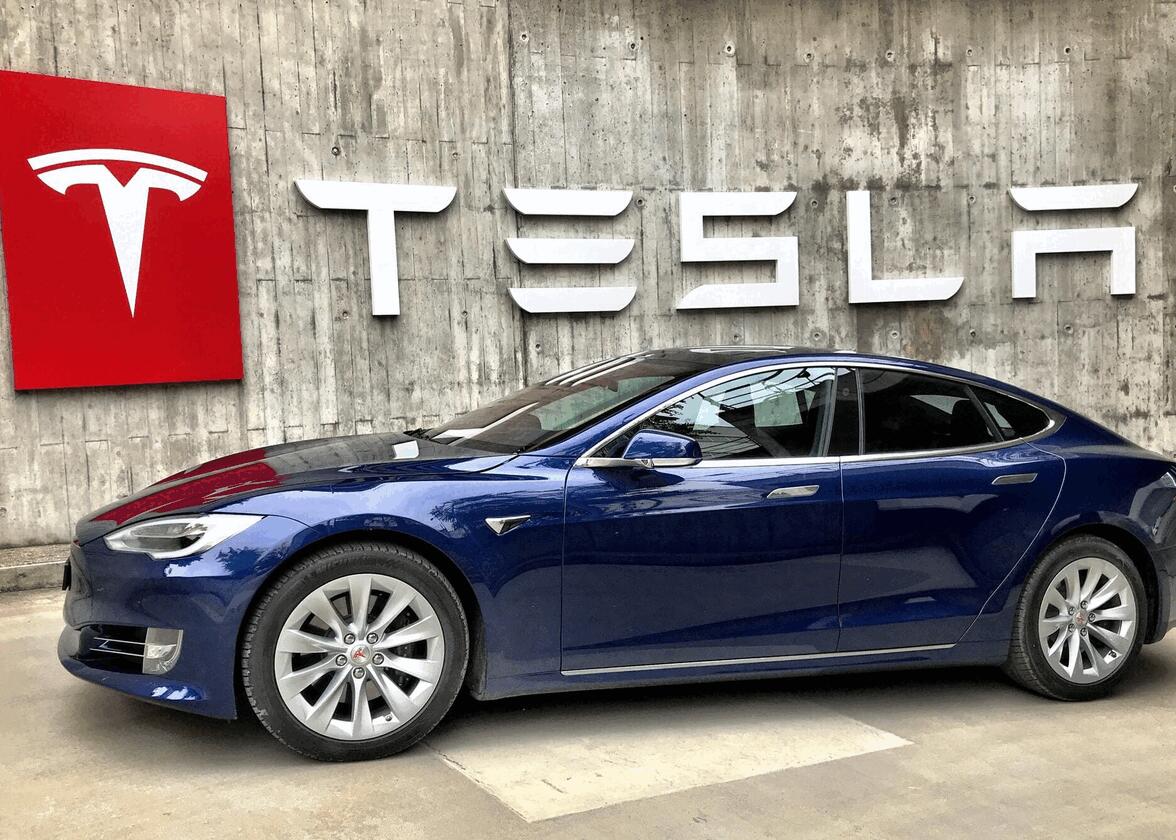Tesla has introduced what could become one of the most substantial compensation plans in corporate history, proposing an incentive package for CEO Elon Musk that may reach an unprecedented value of approximately $1 trillion — but only if the company achieves a series of extraordinary performance goals.
The proposed package is not a simple cash payout. Instead, it is structured around stock-based rewards that hinge on Tesla’s ability to meet specific financial and operational benchmarks over the coming years. These targets include dramatic increases in revenue, sustained profitability, and ambitious market capitalization thresholds that would place Tesla among the most valuable companies in the world.
Tesla’s board and leadership argue that such a bold compensation plan aligns Musk’s personal incentives with long-term shareholder value. By tying the award to measurable achievements, the company seeks to ensure that Musk remains deeply committed to Tesla’s growth trajectory while continuing to focus on innovation in the electric vehicle and energy sectors.
Historically, Musk has taken an unconventional approach to compensation, often declining a traditional salary in favor of performance-based stock options. This proposed structure mirrors that philosophy but on an even larger scale. The potential valuation of $1 trillion has caught global attention, signaling Tesla’s confidence in its future expansion — and its willingness to bet on Musk’s leadership to make that vision a reality.
Although the company has not disclosed every detail publicly, analysts expect the compensation plan to include a series of escalating milestones related to revenue, earnings before interest, taxes, depreciation, and amortization (EBITDA), and market capitalization. Achieving each goal would unlock a tranche of stock options for Musk, with the ultimate payout requiring Tesla to reach valuations and production levels far beyond current figures.
For perspective, Tesla’s market capitalization currently hovers in the hundreds of billions. To justify such an extraordinary compensation package, Tesla would need to sustain massive growth in electric vehicle sales, battery production, and energy storage solutions — all while navigating intense competition from both legacy automakers and emerging EV startups.
If sanctioned, this proposal might transform executive pay methods throughout the business sector. Advocates claim that linking incentives to achievements promotes responsibility and motivates a focus on strategic long-term objectives instead of immediate profits. Opponents, on the other hand, wonder if such a substantial potential reward is warranted, even with it being conditional on remarkable triumph.
Investor reaction so far has been mixed. Some view the proposal as a visionary move that reflects confidence in Musk’s ability to deliver transformational results. Others express concern about the optics of granting a single executive a package of such magnitude, particularly in an era of heightened scrutiny over income inequality and corporate governance.
Elon Musk has a history of surpassing expectations. Under his leadership, Tesla transformed from a niche electric car maker into a dominant global player, revolutionizing the auto industry and accelerating the shift toward sustainable energy. Musk’s bold promises — often met with skepticism — have frequently materialized into groundbreaking achievements, from the success of the Model 3 to the expansion of Tesla’s gigafactories worldwide.
Still, the targets associated with this new package are described as “audacious,” even by Musk’s standards. Industry analysts note that hitting these milestones would require Tesla not only to maintain its innovation leadership but also to achieve unprecedented levels of efficiency, scale, and global market penetration.
Tesla’s proposal comes amid an ongoing debate over CEO pay and corporate accountability. Critics argue that astronomical compensation packages contribute to widening income gaps and can create misaligned priorities if not structured carefully. Proponents counter that performance-linked incentives, when tied to ambitious but measurable goals, can drive extraordinary corporate achievements that benefit shareholders and the economy at large.
In Musk’s situation, the suggestion mirrors Tesla’s conviction that his guidance is essential to its character and future achievements. The firm argues that motivating Musk with significant performance incentives guarantees stability during a crucial period, as Tesla aims to increase production, enter new areas, and spearhead progress in self-driving and sustainable energy technologies.
The proposed package must undergo shareholder approval, and discussions are expected to be highly scrutinized. Proxy advisory firms and institutional investors will likely weigh in, analyzing both the feasibility of the performance targets and the broader implications for governance.
Regardless of what results, the initiative has already captured attention due to its significant size and ambition, highlighting Tesla’s distinctive approach to management, creativity, and business strategy.
If the strategy is implemented and Musk achieves the set objectives, it will firmly establish him as one of the top compensated leaders ever, while also signifying a pivotal phase in Tesla’s growth — potentially altering the limits of what a public corporation can accomplish.
In the meantime, the globe will observe intently as Tesla, its shareholders, and its dynamic leader manage one of the boldest pay proposals ever imagined.

